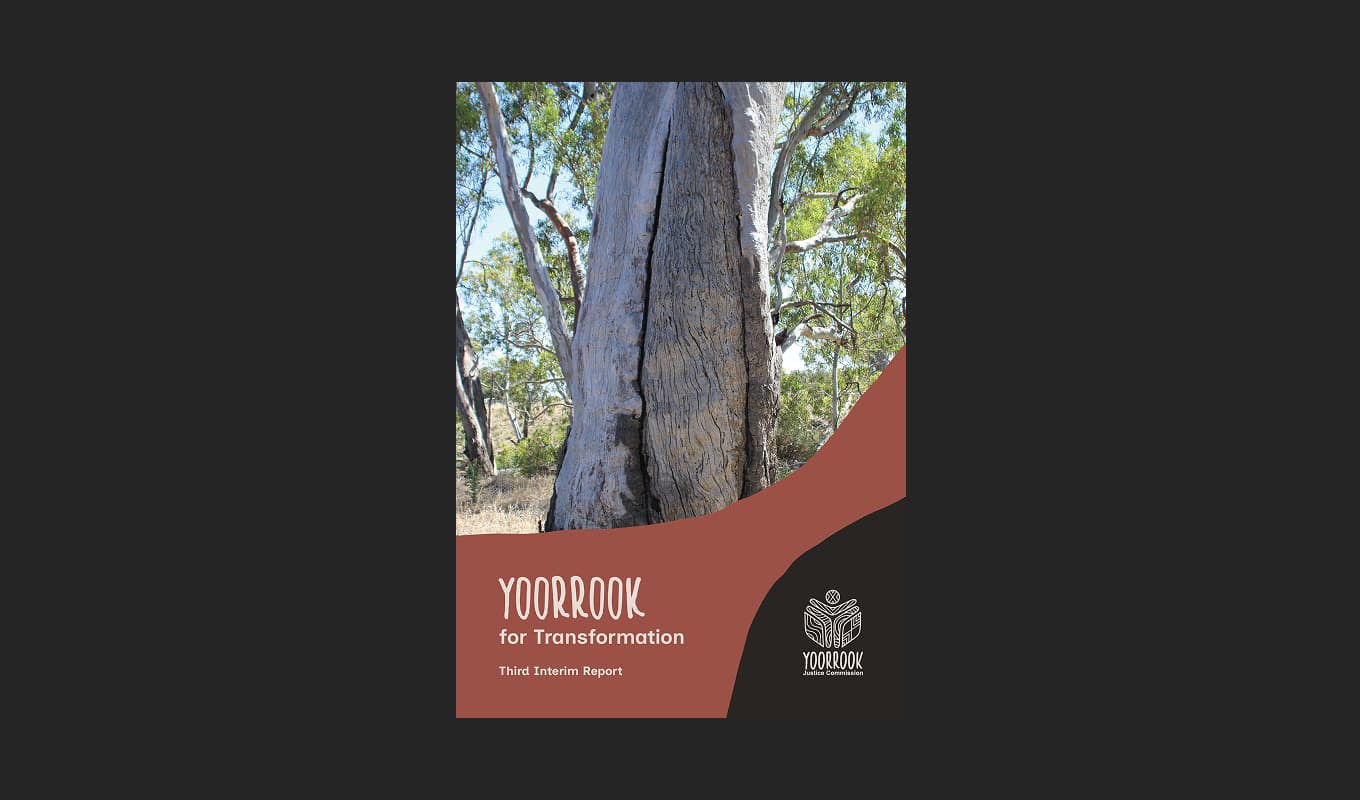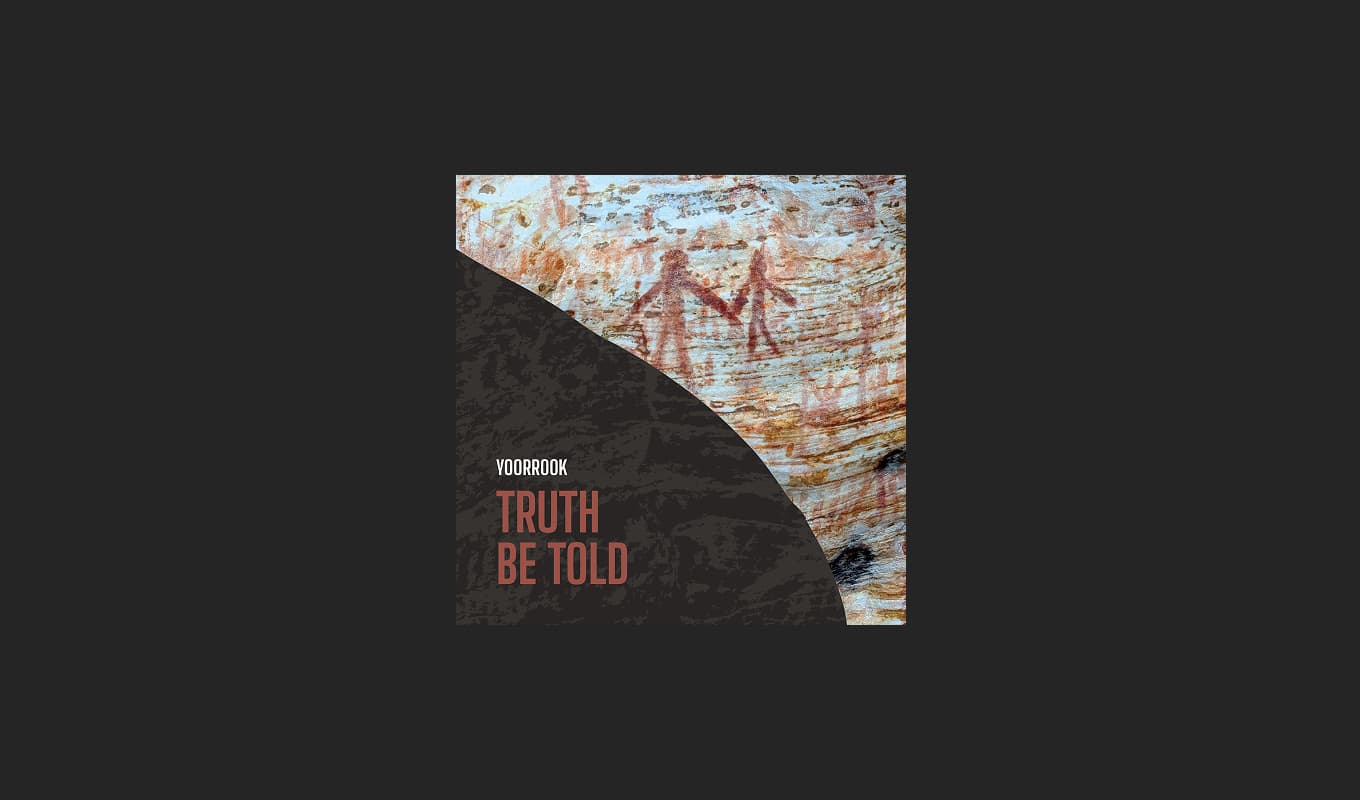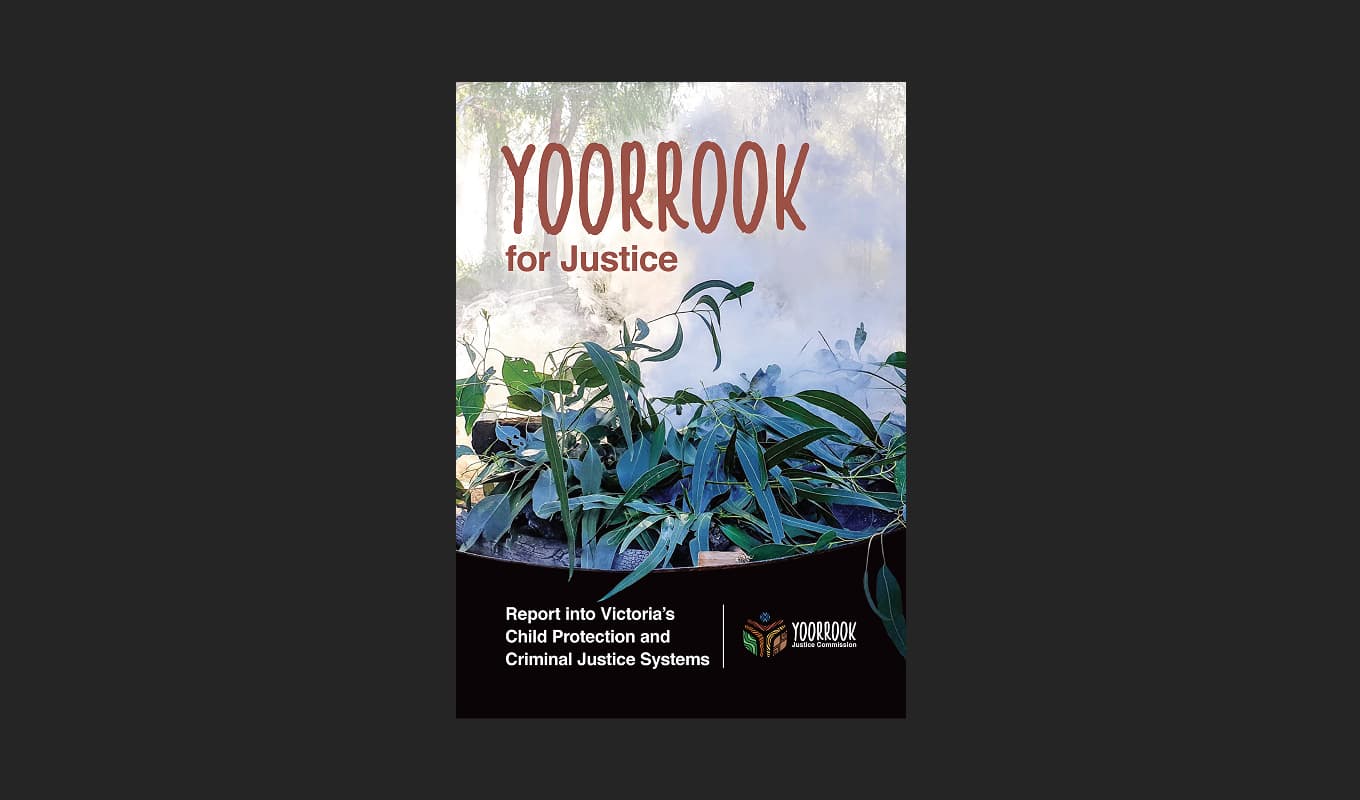The Impacts of Colonisation
First Peoples’ lives are profoundly shaped by the enduring impact of colonial invasion and contemporary policies that continue to exclude and harm First Peoples.
The legacy and continuity of colonisation in Victoria
First Peoples were forcibly removed from Country, and forcibly moved into and off missions and reserves. With colonisation came profound violence, loss of life and illness, disruption of culture, language and knowledge systems, and the separation of families and communities. Successive government policies and practices have denied Aboriginal people their rights.
 Aunty Muriel Bamblett
Aunty Muriel BamblettProfessor Judy Atkinson has explained how colonisation going through various stages which create intergenerational harm. These include:
- physical violence: invasion, disease, death and destruction
- structural violence: enforced dependency, legislation, reserves and child removals
- psycho-social dominance: cultural and spiritual genocide.
How colonisation continues to shape First Peoples’ lives
The process of colonisation, and the impacts of colonisation are ongoing. Today, the ongoing impacts of colonisation are visible in every aspect of First Peoples’ lives, including inequity in education, health, housing and other socio-economic areas.
Despite the devastation of colonisation, Aboriginal people continue to exist and to resist. First Peoples have always resisted and demonstrated resilience. For example:
- First Peoples actively resisted colonial violence, for example the Fighting Gunditjmara defended Country and people during the Eumeralla Wars.
- Aboriginal organisations have supported First Peoples’ needs and delivered important services when mainstream services could not, or would not do so.
- Aboriginal people continue to care for Country and community, and to revitalise culture and language with benefits to the environment and people.
 Dr Jill Gallagher AO
Dr Jill Gallagher AOLearn more about the impacts of colonisation
You can learn more about the how colonisation has impacted First Peoples by exploring the following sections.
Colonial Frontier Massacre Project
Colonisation brought lasting harm to First Peoples in Victoria. This page information on the Colonial Frontier Massacre Project, revealing the scale and impact of frontier violence.
Story of Dispossession
This interactive visual story shows some key events in the history of Victoria related to the dispossession from land
Focus areas
You can learn more about the intergenerational impacts of colonisation related to Yoorrook’s key areas of inquiry
Reports and Recommendations
Read the official reports and recommendations of the Yoorrook Justice Commission.

Yoorrook for Transformation
Third Interim Report: A five-volume comprehensive reform report presenting evidence and findings on systemic injustices, and specific recommendations for meaningful change to transform the future.

Truth Be Told
An official public record that documents First Peoples experiences since colonisation, preserves crucial testimonies for future generations and creates an enduring resource for education and understanding.

Recommendations for change
Yoorrook Justice Commission’s recommendations for truth-telling, justice, and systemic reform in Victoria.
